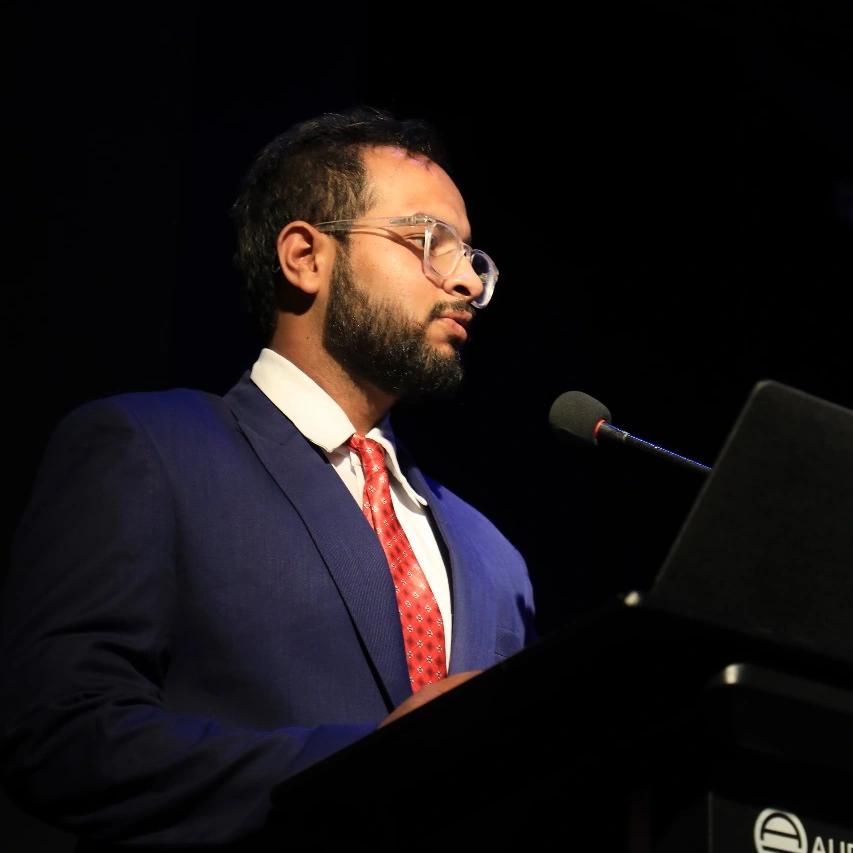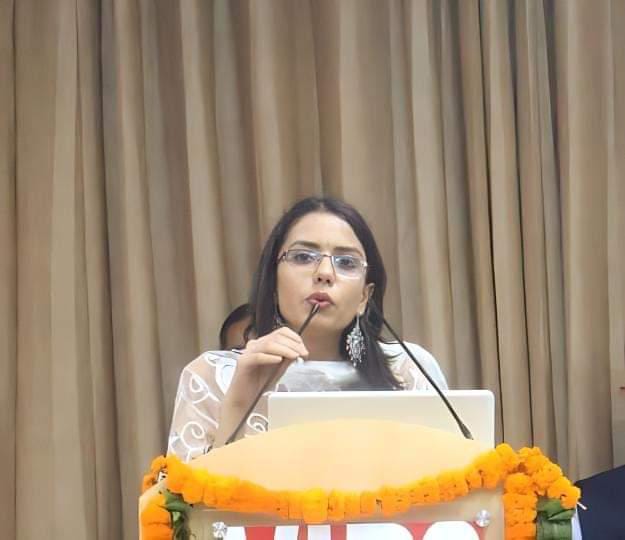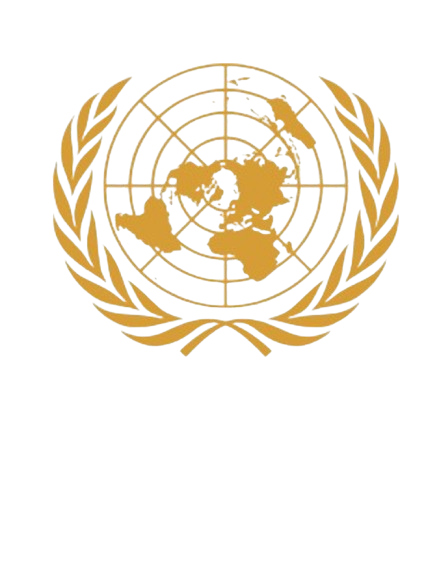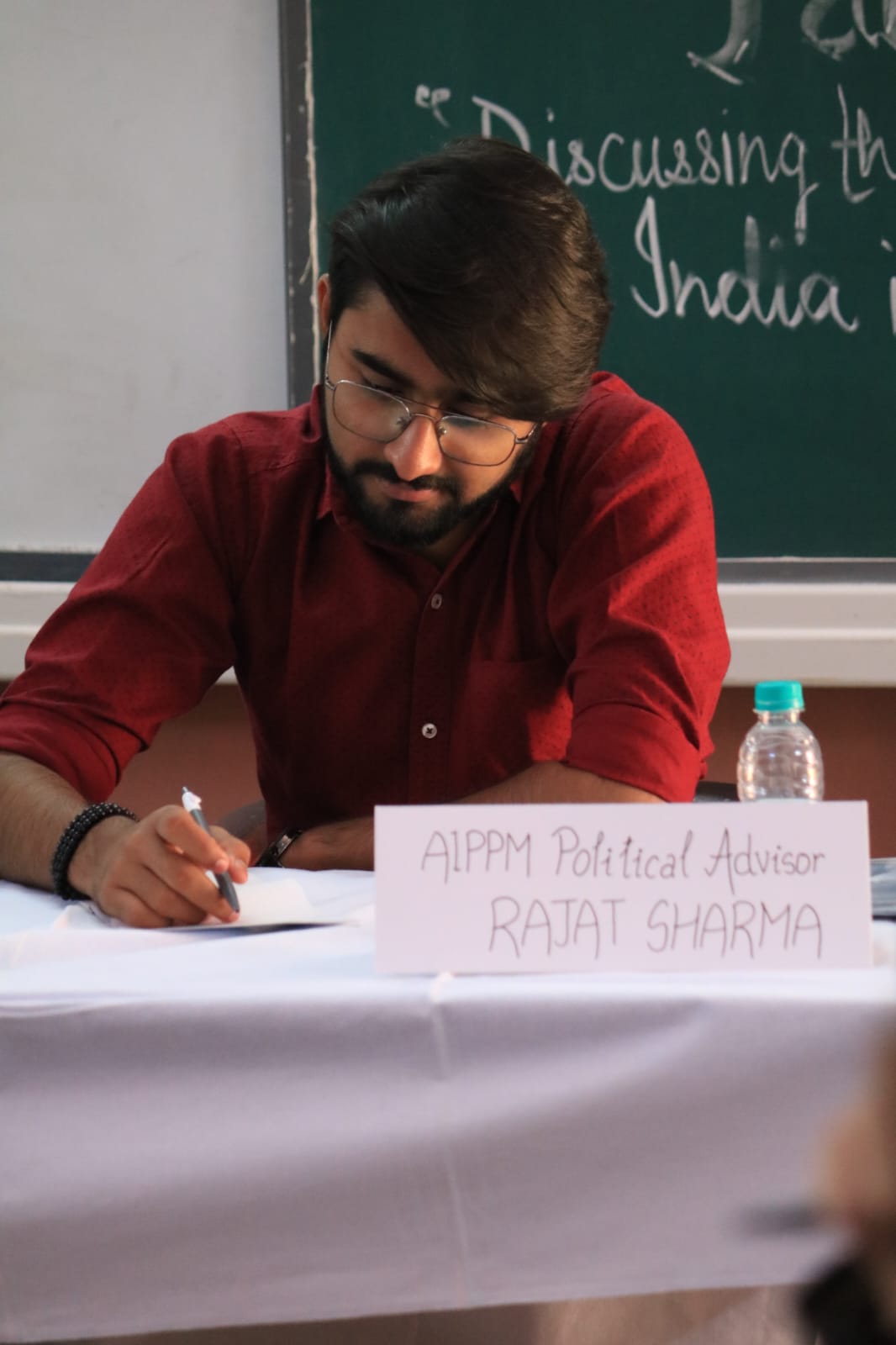
Constituent Assembly (CA)
The Agenda “Debating the accession of Kashmir and the proposed special provisions for the state administration” centers upon the historical and current geopolitical conflict over Kashmir’s Status. This debate aims to examine the legal, political and social implications of Kashmir’s accession to India in the backdrop of the 1947 Indo-Pakistan war, along with the special provisions implemented to govern the region. The debate also considers the impact of these provisions on the state’s administration, autonomy and the effects of these provisions on the larger debate on federalism in India. We hope to have a vibrant discussion upon this issue, as relevant today at it was in 1949, and with the benefit of retrospect, perhaps reimagine history for India.
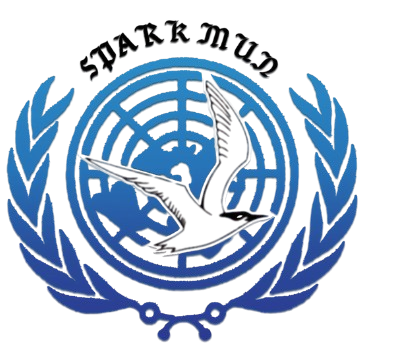
Constituent Assembly (CA)
Executive Board

Kumar Rishabh Parth
President

Uday Sheoran
Vice President


